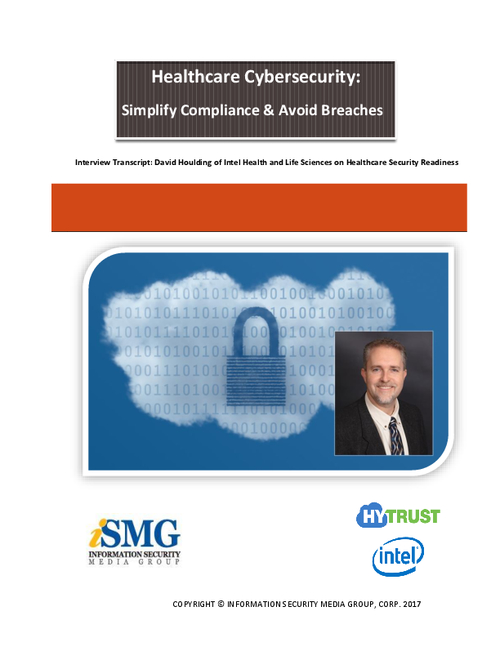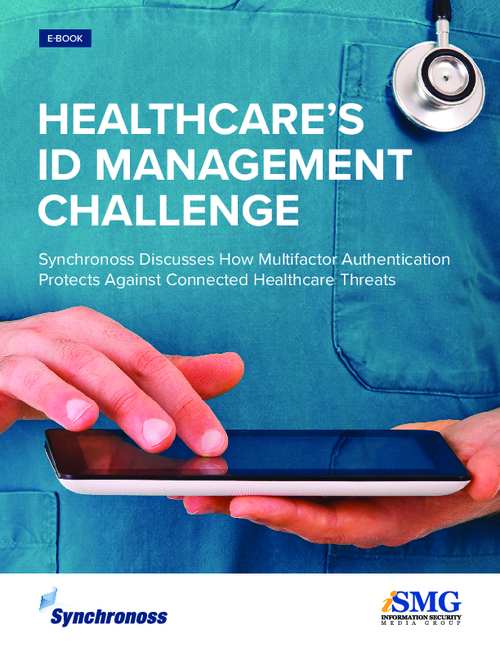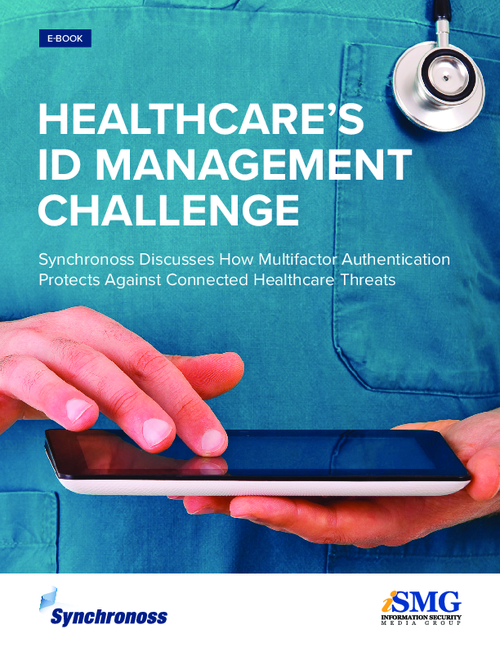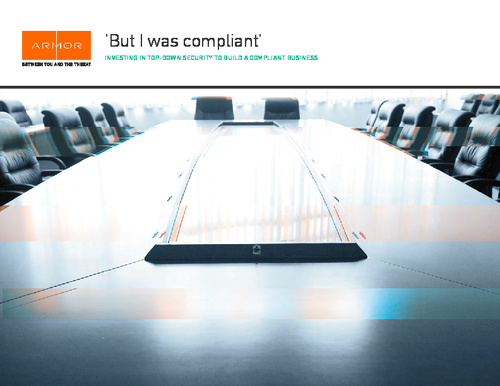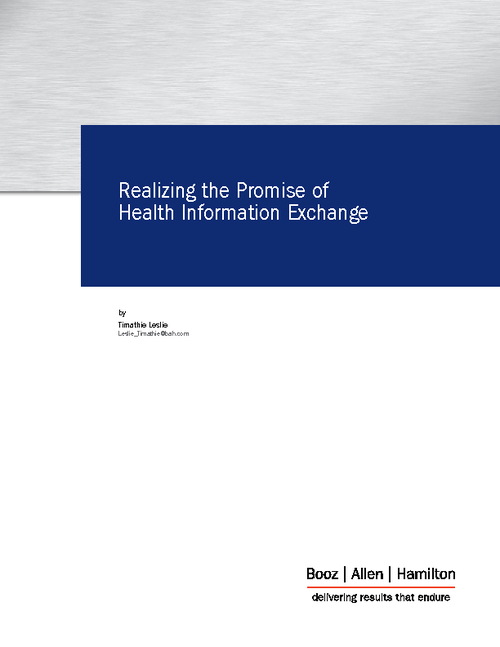Electronic Healthcare Records , Governance & Risk Management , Healthcare Information Exchange (HIE)
DirectTrust's Kibbe on the Future of Health Info Exchange
Outgoing CEO Discusses HIE Progress, Challenges
Although the outlook for advancing interoperable, secure national health information exchange is promising, many significant challenges still must be overcome, says David Kibbe, M.D., founding president and outgoing CEO of DirectTrust. The group maintains the policies, standards, and practices of the Direct protocol for point-to-point encrypted messaging for healthcare.
"I'm pretty optimistic," he says in an interview with Information Security Media Group. "But the healthcare system has some very, very significant problems. We are overpriced and under-capable in terms of quality. Everyone knows that. And there has not been a strong incentive for sharing ... and moving health information across the boundaries of provider organizations and health IT systems."
Many Players
Healthcare has over 400 certified electronic health record products, "so it's quite a multivendor environment," he notes.
Nonetheless, the sector has made some significant advancements in secure health information exchange, "particularly with Direct and FHIR," he says. Fast Healthcare Interoperability Resources, or FHIR, is a draft standard describing data formats and elements and an application programming interface for exchanging electronic health record information.
"Direct can been seen as the successor to fax and e-fax when one wants patient information get from 'A' to 'B' electronically, securely and interoperably. And FHIR will be the way in which we automate electronic queries for health information, from party 'A' to party 'B,' and possibly from party 'A' to parties 'C,' 'D' and 'E.'"
The Direct protocol, which is widely used, provides specifications for a secure, scalable, standards-based way to send encrypted health information directly to known, trusted recipients over the internet. That includes provider-to-provider and provider-to-patient secure communication.
Business Model Support
What's needed to encourage more advanced data sharing enabled by FHIR and other evolving technologies is "business model support for interoperable health information exchange," Kibbe says.
"We need to find ways in which healthcare provider organizations are held accountable such that they adopt interoperable health information technology because it helps them improve healthcare quality and cut costs."
In the interview (see audio link below photo), Kibbe also discusses:
- Challenges involving deliberate "information blocking" by healthcare providers and others who refuse to share patient data as appropriate and lawful;
- Accomplishments of DirectTrust in advancing electronic health data exchange among healthcare providers;
- His plans once he steps aside as DirectTrust leader on Sept. 1.
Kibbe, a physician, is founding president and CEO of DirectTrust. He is stepping down from leadership of the not-for-profit group, which created and maintains the security and trust framework for using the Direct Project protocol. Kibbe is also senior adviser to the American Academy of Family Physicians. He plans to stay on as an adviser at DirectTrust until the end of the year to assist in the transition of Scott Stuewe as the organization's new CEO and president.





